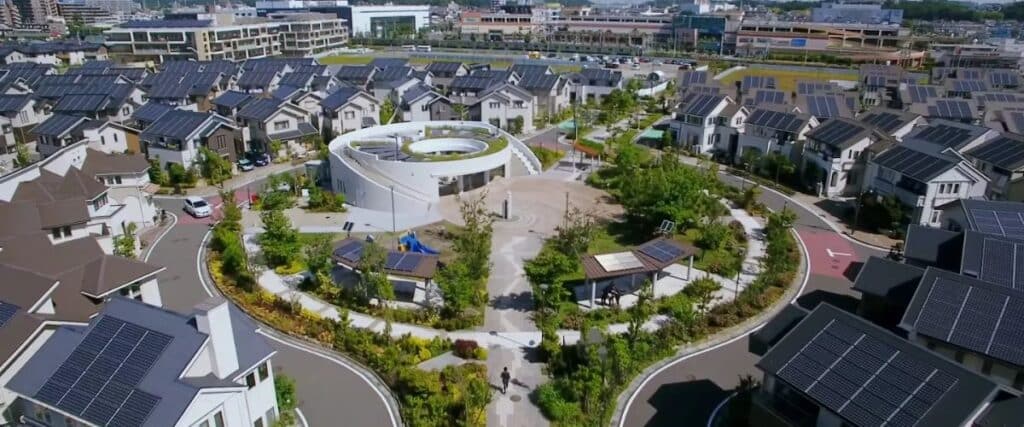Japan proposes unified regulations for carbon capture in Southeast Asia and Australia, leading the region in CCS deployment.
Japan aims to establish common regulations for carbon capture and storage (CCS) in collaboration with Australia and Southeast Asian countries. This initiative seeks to position Japan as a leader in CCS deployment within the region.
The Ministry of Economy, Trade, and Industry of Japan will present a preliminary set of regulations during the upcoming Asia Zero Emission Community (AZEC) meeting in Indonesia. AZEC consists of 11 countries, including Japan, Australia, and all members of the Association of Southeast Asian Nations (ASEAN) except Myanmar.
The implementation of shared regulations is expected to reduce operational costs and expedite the construction of carbon capture facilities. Given that Japan and Southeast Asia heavily rely on fossil fuels for electricity generation, CCS plays a crucial role in mitigating carbon dioxide emissions.

Currently, there are no established standards for the amount of carbon dioxide that needs to be captured and stored in order to achieve a 1 tonne reduction in CO2 emissions. This is partly due to the fact that carbon capture facilities themselves emit carbon, and there is a risk of stored carbon leakage.
Japan intends to propose common metrics to address this issue. The regulations will also include safety criteria for selecting storage facility locations, methods for accurately measuring stored carbon volume, and a monitoring process to detect potential leaks.
Once the AZEC members discuss the draft regulations, a detailed proposal will be presented at the AZEC ministerial meeting scheduled for early next year in Japan.
While Western nations have taken the lead in CCS technology development, their involvement in Southeast Asia has been limited. Europe, for instance, has placed greater emphasis on promoting renewable energy rather than CCS. In the United States, the Biden administration’s climate change initiatives prioritise domestic investments in carbon capture.
Meanwhile, the demand for CCS in Southeast Asia is expected to increase. However, countries in the region may face challenges in independently implementing the technology.
In order to assist ASEAN countries, Japan is considering providing technological support through the state-backed Japan Oil, Gas and Metals National Corporation.
By proposing unified regulations and offering technical assistance, Japan aims to facilitate the adoption of CCS technology in the region, thereby contributing to the reduction of carbon dioxide emissions and the fight against climate change.
Featured banner image credit: euronews.com
Related Articles
Carbon Offsets: Everything you Need to Know About the Corporate Sustainability Solution
Mitsubishi Heavy Industries Prepares to Launch Carbon Capture Units
Japan Researching How to Unleash the Potential of Solar Power from Space





